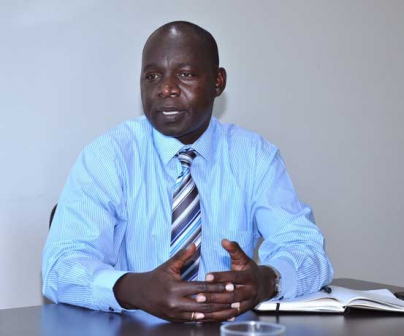×
The Standard e-Paper
Smart Minds Choose Us

NAIROBI, KENYA: Agriculture plays a strategic role in the process of economic development of a country.
In Kenya, it is not only a principal source of employment but it also provides food and an important ingredient for the agro-based industries. It is no wonder that any shortage of agricultural goods has its impact on industrial production and a consequent increase in the general price levels.